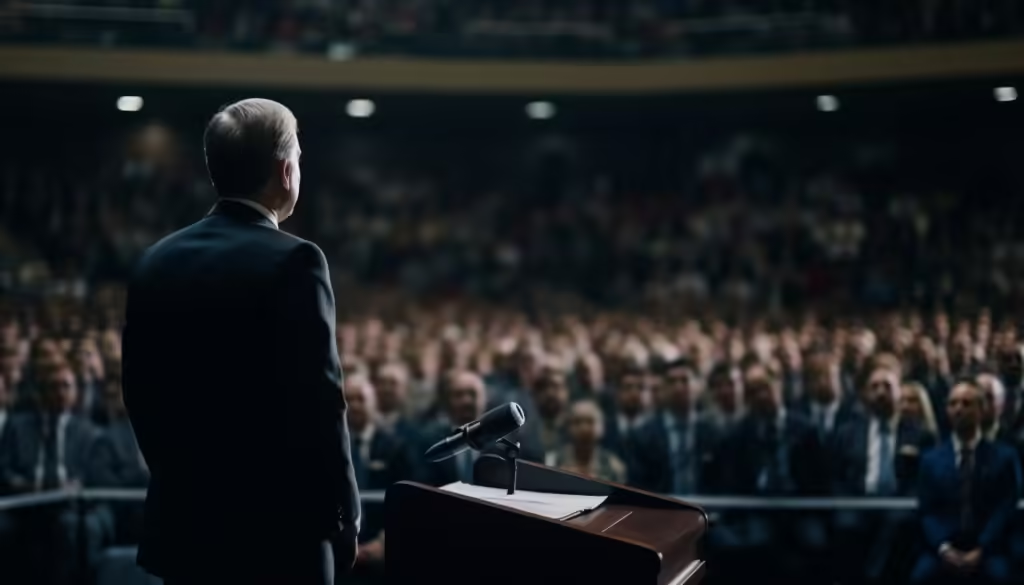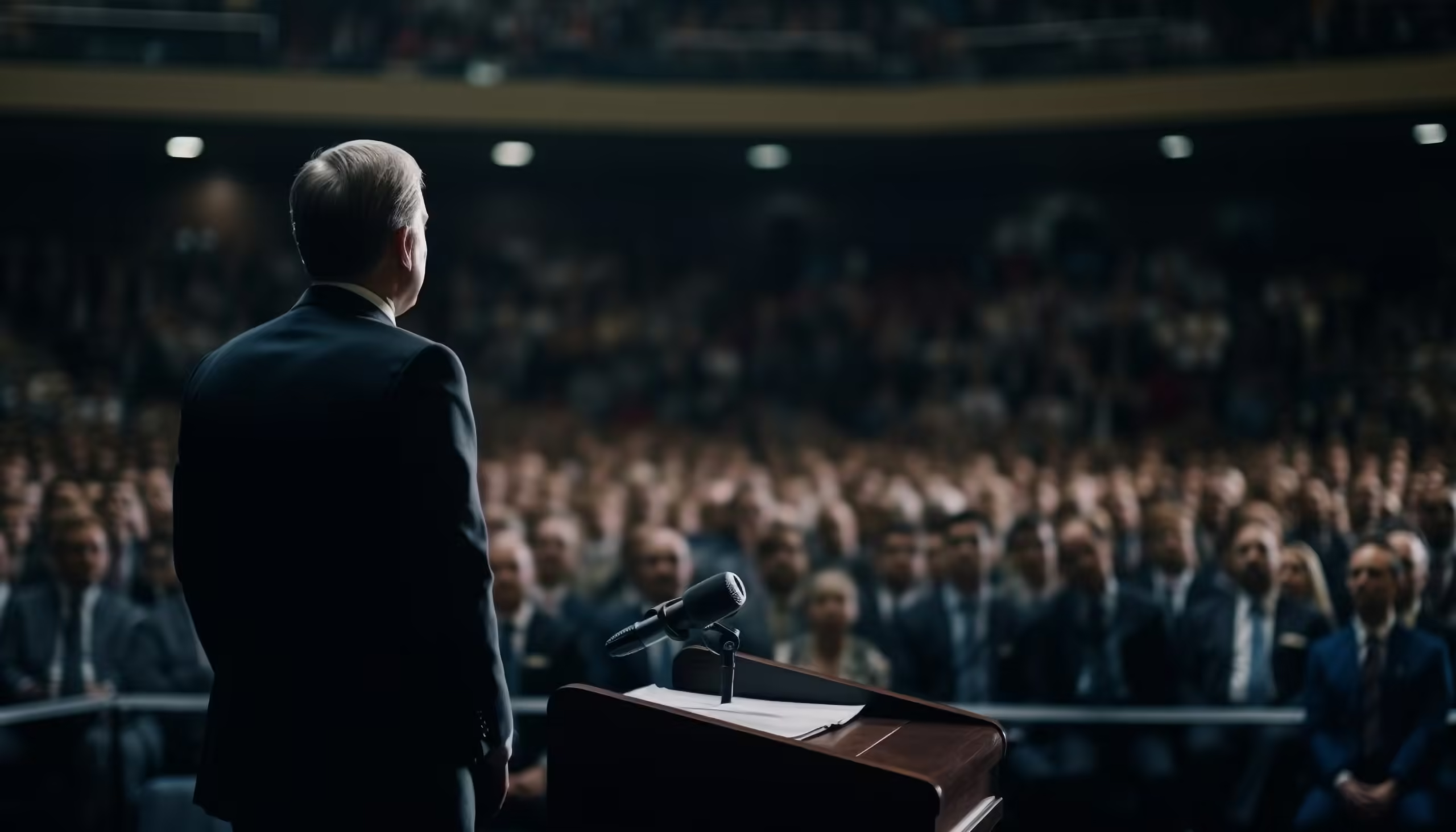Political discourse has always been a central part of shaping societies and defining cultural norms. Traditionally, discussions took place in public forums, print media, or televised debates. But with rapid technological advancements, these conversations have moved online, expanding to digital platforms and social media. Today, technology doesn’t just support political discourse—it actively shapes it.
From social media to artificial intelligence, technology has given people new ways to engage, share, and challenge political ideas. This shift has introduced both opportunities and challenges, marking a transformative period in global political discourse and cultural influence.
How Technology is Transforming Political Discourse Globally
Technology has brought political discourse to a global audience. Conversations that were once local are now accessible worldwide, thanks to the internet and digital platforms. People from different countries can now join debates, share insights, and expose each other to new viewpoints. This global reach allows for greater diversity of opinion, bringing a rich mix of perspectives.
However, this transformation also means that political debates are influenced by global events and trends, which can sometimes overshadow local issues. Technology has thus reshaped politic discourse, making it more interconnected than ever.
The Role of Social Media
Social media platforms like Twitter, Facebook, and Instagram have revolutionized politic discourse. These platforms enable real-time discussions, providing an immediate outlet for political expression. Social media makes it easier for politicians to reach their audience directly, bypassing traditional media gatekeepers. For citizens, it’s a place to voice opinions, organize protests, and call out injustices.

However, social media can also amplify extreme voices and spread misinformation. While it fosters engagement, it can also polarize public opinion. Thus, social media’s role in political discourse is powerful but double-edged.
Political Discourse in the Digital Age: Benefits and Challenges
The digital age has brought several benefits to politic discourse. Citizens have better access to information and are more informed than ever before. Online platforms allow marginalized voices to participate and provide real-time updates on political events. However, these platforms also bring challenges. The sheer volume of information can overwhelm audiences, making it difficult to differentiate reliable sources from fake news.
Moreover, echo chambers—where users only engage with like-minded opinions—can limit open-minded discussion. Balancing these benefits and challenges is essential for healthy politic discourse in the digital age.
How Online Platforms Influence Political Discourse Across Cultures
Online platforms allow cross-cultural interaction, influencing political discourse around the world. Through these platforms, people are exposed to political ideas and debates from different cultures, broadening their perspectives. However, cultural misunderstandings can arise as ideas are shared without full context. For instance, jokes or metaphors in one culture may be misinterpreted in another.
Additionally, online platforms may emphasize dominant global narratives, sometimes marginalizing smaller cultures. Nevertheless, these platforms are key in creating a global political dialogue, bridging cultural gaps while sometimes complicating discourse.
Political Discourse and Social Media Algorithms: Are They Shaping Our Views?
Social media algorithms determine what content we see, subtly shaping political discourse. Algorithms prioritize engagement, which often means promoting sensational or divisive content. As a result, users may see more extreme viewpoints, reinforcing biases rather than encouraging balanced discussions.
This can lead to echo chambers where users engage with similar opinions repeatedly, reducing exposure to diverse perspectives. While algorithms keep users engaged, they also influence politic discourse by pushing certain narratives forward. The power of algorithms in shaping public opinion remains a topic of debate.
Cultural Change: How Technology is Bridging (or Widening) Gaps
Political discourse is a driver of cultural change, and technology is both bridging and widening cultural gaps. On one hand, technology allows people from different backgrounds to engage in meaningful dialogue, leading to greater empathy and cultural understanding. On the other hand, cultural differences can create misunderstandings, with technology sometimes amplifying conflicts rather than fostering unity.
For instance, the same event may be viewed differently by people in different regions, leading to divided opinions. Thus, technology’s role in cultural change is complex, both connecting and separating societies.
Future: What Role Will Emerging Technologies Play?
As technology continues to evolve, so will political discourse. Emerging technologies, such as virtual reality, augmented reality, and even blockchain, may provide new platforms for political discussion. Virtual reality could offer immersive political experiences, allowing people to witness events from different perspectives.
Blockchain may ensure transparency, helping verify news sources and prevent misinformation. These technologies hold promise, but their impact on political discourse will depend on how they are implemented and regulated. The future of political discourse will likely be shaped by how society harnesses these tools.
How Political Discourse on Digital Platforms Affects Cultural Identity
Political discourse on digital platforms influences how people perceive their cultural identity. Online platforms also expose users to different cultures, allowing them to adopt new perspectives. However, exposure to global viewpoints can sometimes lead to cultural dilution, where traditional beliefs are overshadowed by dominant narratives.
Digital political discourse thus plays a dual role, allowing people to strengthen their cultural identity while also encouraging cross-cultural exchange.
Navigating the New Era of Political Discourse and Cultural Influence
In this era, technology has brought political discourse to new heights, allowing voices from every corner of the globe to participate. This digital shift has fostered cultural exchange, challenged norms, and empowered social movements. However, it also introduces challenges, from misinformation to polarization.
Navigating this complex landscape requires a balanced approach, embracing the benefits of technology while mitigating its downsides. Political discourse will continue to influence culture, with technology as both its engine and its guide.

